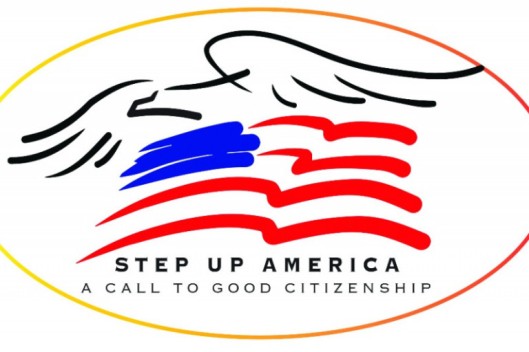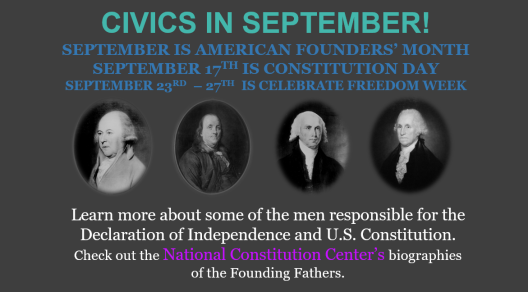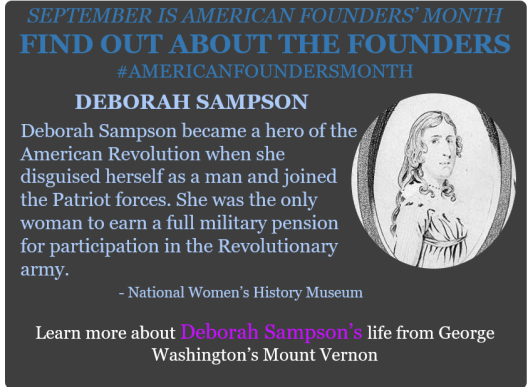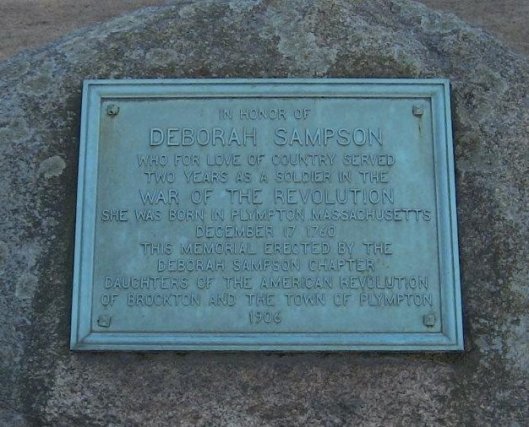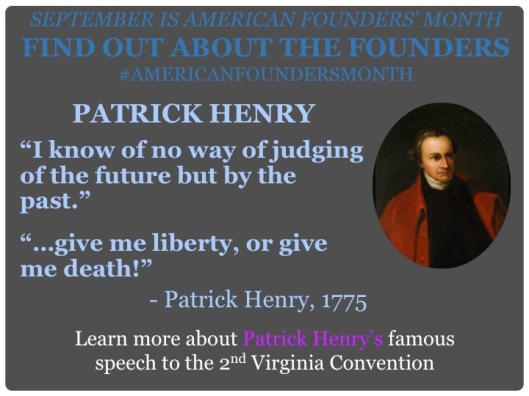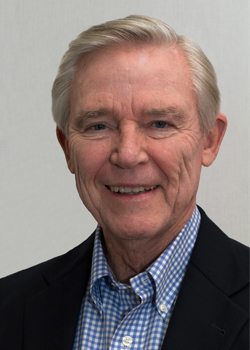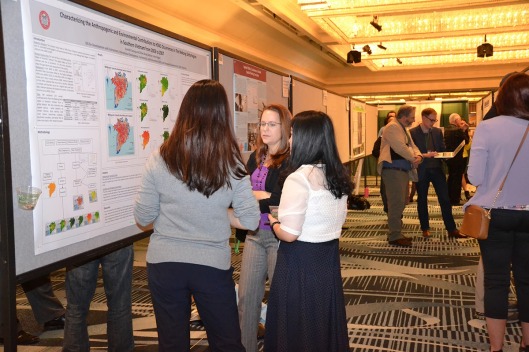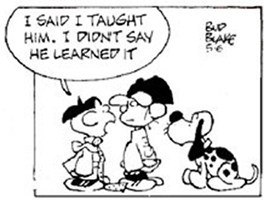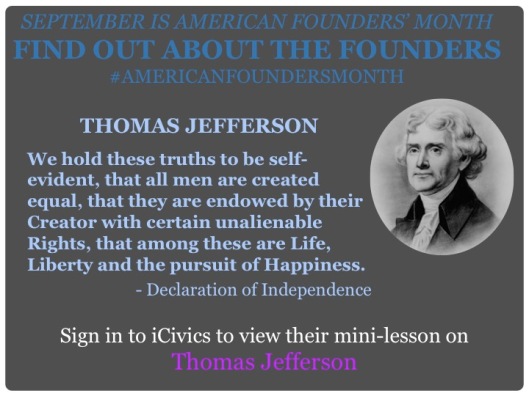
Good afternoon friends! Don’t forget that the 2019 Florida Council for the Social Studies Annual Conference is coming soon (and you can register here!). Not only do we have some excellent regular sessions planned, but we also have our friends and colleagues from the Florida College and University Faculty Assembly joining us! Let’s take a look at some of their featured sessions, which targets those interested in some specifically research focused or driven sessions around the social studies! Please note that this list features only some of the planned sessions.
Session 1
Complexity & Connections: Archaeology Addresses AP World History
Shannon Peck-Bartle, University of South Florida


Changes in the Advance Placement World History curriculum limit students’ ability to develop complicated webs of connections and human interactions. The use of material culture and archaeological methods are suggested to “thicken” the curriculum.
“I don’t want to cause trouble”: A white history teacher’s negotiation of racial boundaries in a diverse rural school
Travis Seay, University of Florida

This narrative case study of a white history teacher uses a framework of cultural memory to situate racial and historical knowledge in the teaching and learning setting.
Session 2
The LGBTQ-Inclusive Curriculum: An Imperative for the Social Studies
Bárbara C. Cruz, Katty B. Francis, and Cristina M. Viera, University of South Florida

This presentation provides a brief history of LGBTQ content in the K-12 social studies curriculum. Discussion focuses on popular approaches for integrating LGBTQ issues in the curriculum, current legal challenges, and trends in the field.
Incorporation of Cross-Curricular Training in Social Studies and English Language Arts Pre-Service Teacher Preparation Programs
Allison Sheridan, Mary Dougherty, and Chris Spinale, University of Central Florida

For this study, the researchers aimed to examine how university programs are preparing pre-service teachers to incorporate social studies standards into ELA classrooms and vice versa.
Session 3
Adolescent Identity Exploration and Civic Identity Development in a U.S. Government Classroom
Sarah Mead Denney, University of South Florida

This multiple case study examined adolescent identity exploration and civic identity development in an AP U.S. Government class. Findings suggest the promotion of these processes is both possible and practical, but require intentional, purposeful teaching.
How Do I Get My Ideas Published?
Scott Waring, University of Central Florida



This session will include general publishing tips and an overview of four social studies journals currently edited by the presenter. The remaining time will allow for discussion and an opportunity to pose questions.
Be sure to check this space for more! Register for the conference today!
Check out some of the sessions! and here! and here!
Check out some of the exhibitors here! and here!



